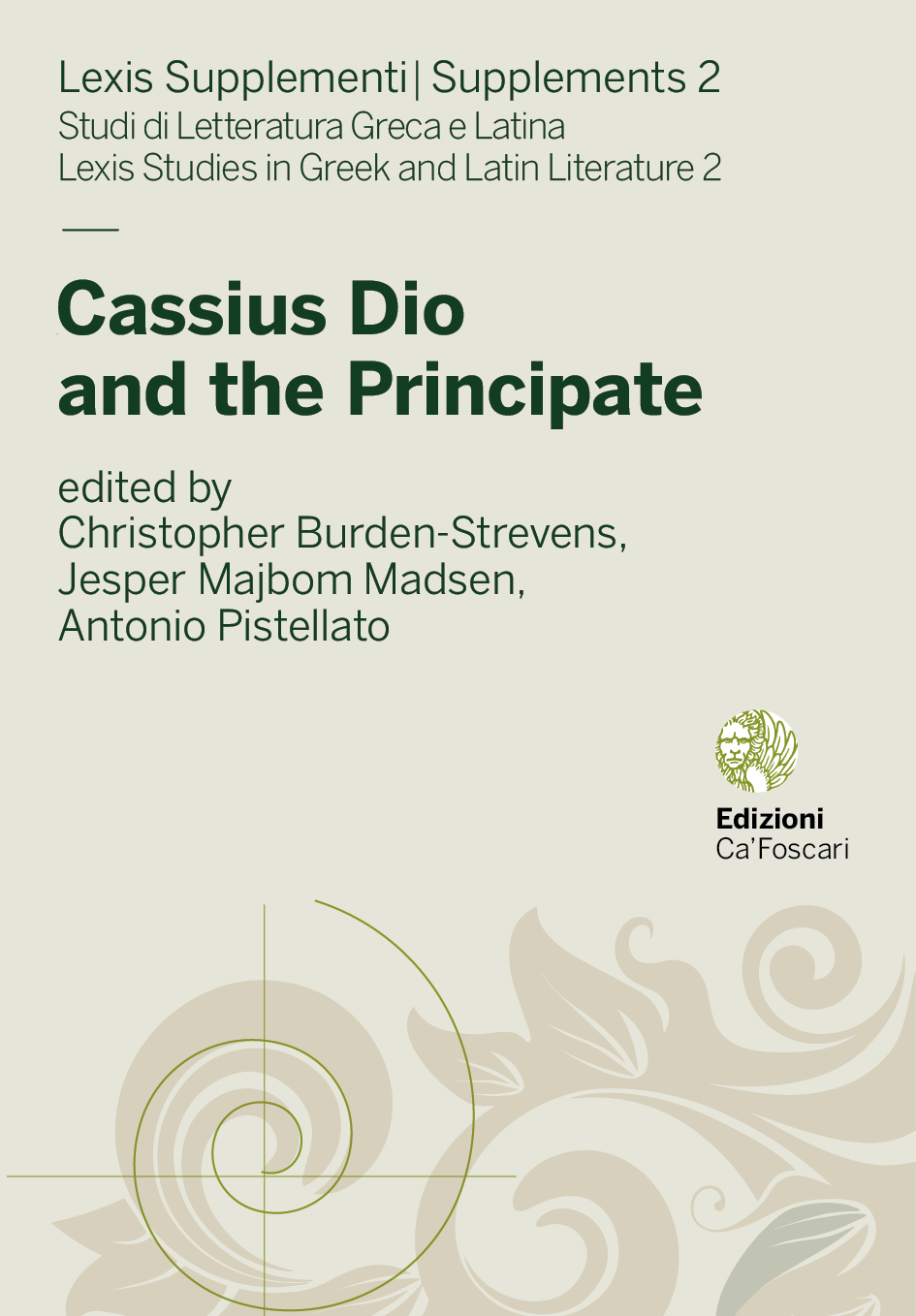Series |
Lexis Supplements
Edited book | Cassius Dio and the Principate
Chapter | Misunderstanding History: Past and Present in Cassius Dio’s Contemporary Books
Misunderstanding History: Past and Present in Cassius Dio’s Contemporary Books
Abstract
At the heart of Cassius Dio’s Roman History was the charting of changes in government from the early kings to the monarchy established by Augustus, with particular emphasis on the decline of the Republic and the transition to monarchy. Throughout Dio’s analysis we observe certain individuals who serve as examples to be emulated or avoided. In Dio’s own age, emperors generally misunderstood or misinterpreted, willingly or unwillingly, these examples from the past. These failures allow us to consider Dio’s understanding of the function of historiography and his ideas about the utility of his own work. While this may lead us to the negative conclusion that Dio believed all forms of government eventually degenerate, it also leaves open the possibility that Dio considered the writing of history, and thus the guarantee of a proper understanding of the past, to have positive, transformative consequences for Rome’s monarchy.
Submitted: Sept. 8, 2020 | Accepted: Oct. 19, 2020 | Published Dec. 21, 2020 | Language: en
Keywords Septimius Severus • Pertinax • Elagabalus • Macrinus • Cassius Dio • Severan dynasty • Caracalla • Contemporary historiography
Copyright © 2020 Andrew G. Scott. This is an open-access work distributed under the terms of the Creative Commons Attribution License (CC BY). The use, distribution or reproduction is permitted, provided that the original author(s) and the copyright owner(s) are credited and that the original publication is cited, in accordance with accepted academic practice. The license allows for commercial use. No use, distribution or reproduction is permitted which does not comply with these terms.
Permalink http://doi.org/10.30687/978-88-6969-472-1/007
